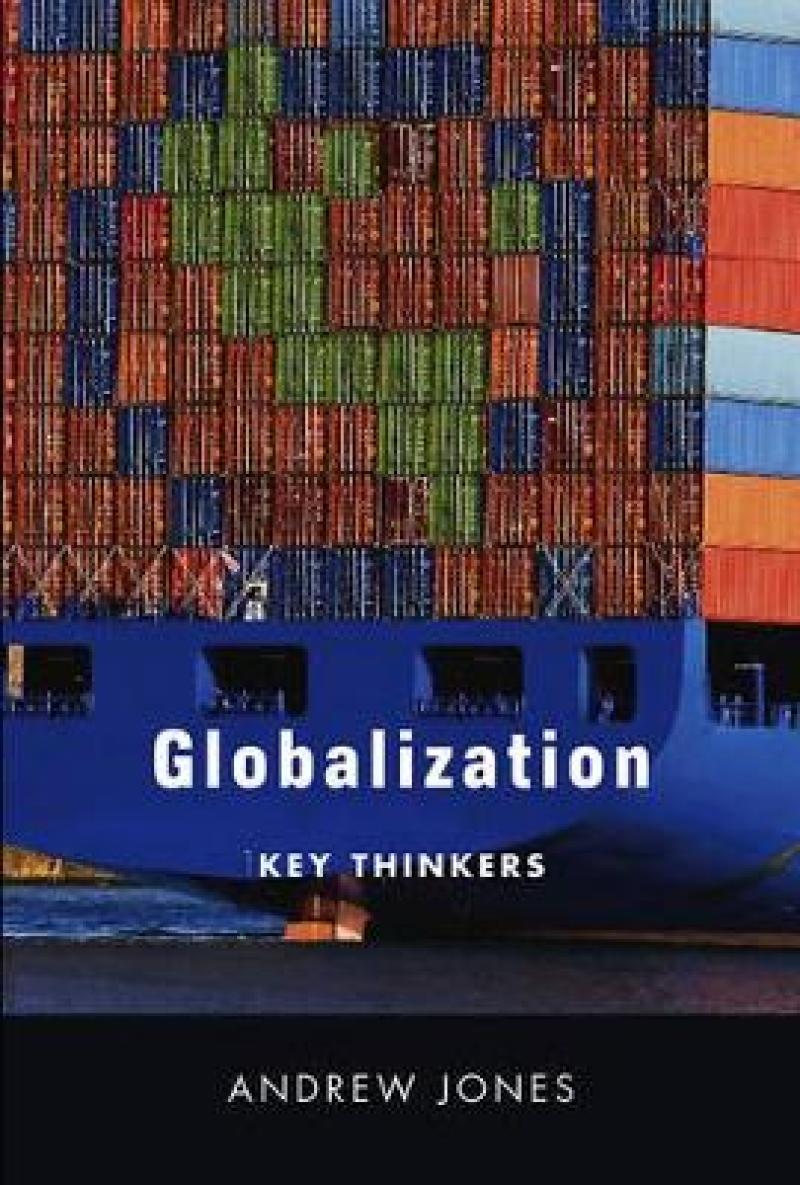"Undergraduate students or anyone else looking for a clear, well-informed introduction to globalisation and its literature should find the book readable and rewarding; readers more familiar with its subject should find it stimulating."<br /> <i><b>Political Studies Review</b></i><br /> <br /> <p>"An excellent guide to the works of leading globalization thinkers. More than a regular 'reader' on globalization; Jones offers his own analysis, distils the various criticisms and evaluates the thinker's contributions against the historical context of his or her key works."<br /> <i><b>Geografiska Annaler B</b></i></p> <p>"This imaginative book offers an excellent grand tour of the monumental works by 18 leading thinkers of contemporary globalization. Written in a highly systematic and yet critical manner, Jones' book clearly stands out as the key introductory reference in the messy jungle of globalization studies."<br /> <b>Henry Yeung, <i>National University of Singapore</i></b><br /> <br /> "Andrew Jones has produced an absorbing and detailed analysis of some of the key writers on globalisation that provides a timely and critical assessment of the current state of knowledge in this somewhat crowded field."<br /> <b>Diane Perrons, <i>London School of Economics</i></b></p> "This book offers a rather unique and original means of understanding the different perspectives on globalization. It cuts through jargon and presents in a clear fashion the arguments of the key thinkers."<br /> <b>Stephen D. Morris, <i>Tennessee State University</i></b>
Systemic Thinking: Immanuel Wallerstein
Conceptual Thinking: Anthony Giddens
Sociological Thinking: Manuel Castells
Transformational Thinking: David Held and Anthony McGrew
Sceptical Thinking: Paul Hirst and Grahame Thompson
Spatial Thinking: Peter Dicken and Saskia Sassen
Positive Thinking: Thomas Friedman and Martin Wolf
Reformist Thinking: Joseph Stiglitz
Radical Thinking: Naomi Klein, George Monbiot and Subcommandante Marcos
Revolutionary Thinking: Michael Hardt and Antonio Negri
Cultural Thinking: Arjun Appadurai
Conclusion: Rethinking Globalization (again)
